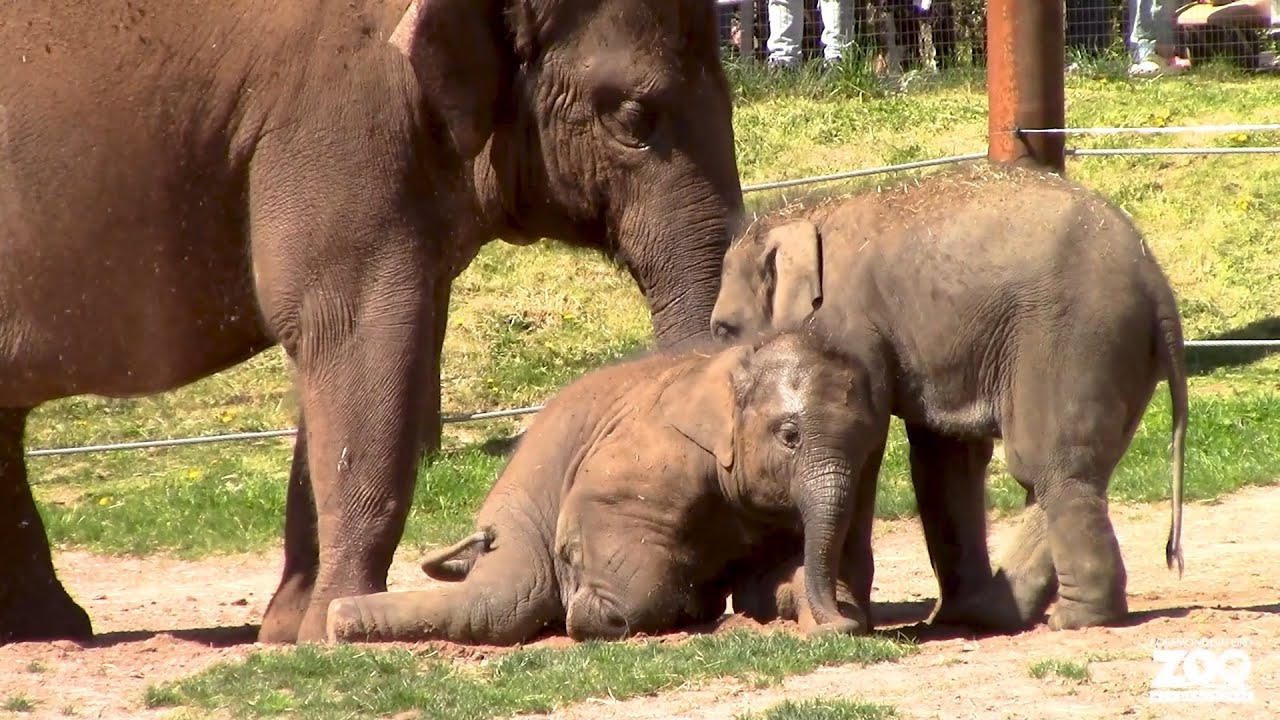– The ecological impact of recreational activities on beach ecosystems
– Strategies for sustainable beach tourism and wildlife conservation
– The role of zoos and aquariums in educating the public about marine life conservation
– The diverse wildlife found in sandy beach environments
Beaches are synonymous with summer fun, offering endless recreational opportunities for people of all ages. Summer fun in the sand is a quintessential part of many people’s lives, from building intricate sandcastles to enjoying the refreshing ocean waves. However, the increasing foot traffic and human activity on beaches have a significant ecological impact that cannot be overlooked. This article explores the delicate balance between enjoying summer fun in the sand and maintaining the health and sustainability of beach ecosystems.
The Ecological Impact of Recreational Activities on Beach Ecosystems
Beach ecosystems are fragile environments home to diverse flora and fauna. Activities such as trampling over dunes, leaving litter on the beach, and disturbing wildlife habitats can lead to erosion, pollution, and biodiversity loss. These actions can disrupt the natural processes that support the diverse life forms in these habitats. For instance, sea turtles rely on undisturbed sandy beaches for nesting. Excessive beach use can compact the sand, making it difficult for sea turtles to dig nests, thus affecting their reproduction rates.
Strategies for Sustainable Beach Tourism and Wildlife Conservation
To mitigate the negative impact of recreational activities, several strategies can be implemented to promote sustainable beach tourism. One effective approach is establishing designated areas for specific activities to minimize habitat disruption. For example, restricting vehicular access to certain beach parts can prevent erosion and protect nesting grounds for birds and turtles. Another strategy involves the promotion of ‘Leave No Trace’ principles, encouraging beachgoers to remove their waste and belongings to protect the natural environment.
The Role of Zoos and Aquariums in Educating the Public About Marine Life Conservation
Zoos and aquariums play a pivotal role in educating the public about the importance of conserving marine life and habitats. Through interactive exhibits and educational programs, these institutions can raise awareness about the fragility of beach ecosystems and the impact of human activities on these environments. By fostering a connection between visitors and marine wildlife, zoos and aquariums can inspire a sense of stewardship and encourage responsible behavior when enjoying summer fun in the sand.
The Diverse Wildlife Found in Sandy Beach Environments
Sandy beaches are more than just vacation spots; they are complex ecosystems that support various life forms. From microscopic organisms that live in the intertidal zone to shorebirds that prey on them, each species plays a crucial role in maintaining the ecological balance. The sandy beach environment also supports a range of plant species adapted to survive in harsh conditions, such as high salinity and intense sunlight. Understanding the biodiversity of these environments highlights the importance of preserving their integrity against the pressures of tourism and human activity.
To enjoy summer fun in the sand while conserving the natural beauty and biodiversity of our beaches, it is essential to adopt a more mindful approach to engaging with these environments. By respecting wildlife, minimizing our impact, and participating in conservation efforts, we can ensure that future generations will also experience the joy and wonder of summer days spent on the sand. Through continued education and responsible tourism practices, we can safeguard these precious ecosystems for the enjoyment and well-being of all human and non-human inhabitants.
*****
Source Description
Summer fun in the sand! ☀️
Elephants cover themselves with sand to protect themselves from the sun, stay cool, and ward off bugs! Sometimes it’s easier for them to roll in the sand instead of throwing it on their back – especially if they only have a little trunk! 🐘
#Syracusezoo #Syracuse #CNY #EleTwins #AsianElephant #ElephantCalf #OnondagaCounty #OnondagaCountyParks

